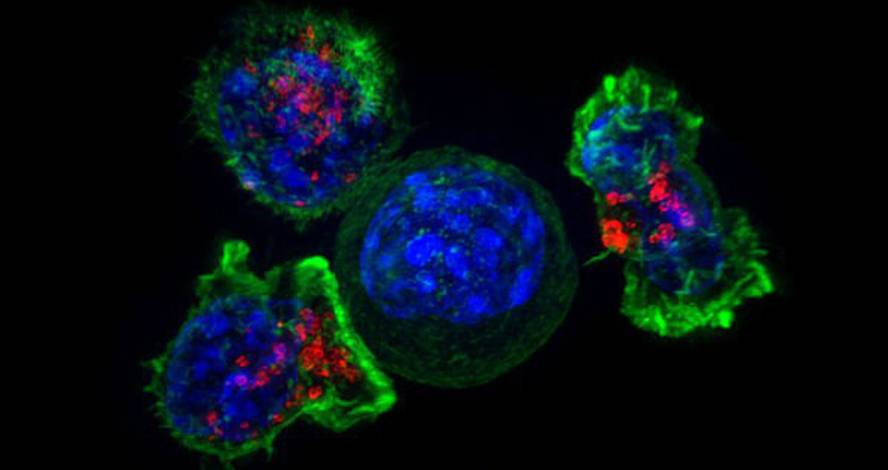Aging of the immune system causes more cancer with age

The risk of cancer increases considerably with age, and although it was thought to be due to the accumulation of mutations, the main cause could be the aging of the immune system. A paper published in the journal PNAS has reached this conclusion.
Researchers have analyzed two million cases of cancer (18 to 70 years and 100 types of cancer), and found that weakening of the immune system explains better than the mutation hypothesis the increase of cancers in aging. Thus, researchers have suggested that the immune system may play a more important role than expected in cancer development.
One of the main causes of aging of the immune system is decreased thymus. With age the thymus is constantly decreasing and it is in it that T cells are formed, responsible for removing the defective cells from the body. Thus, as the thymus becomes smaller, fewer T cells are produced and the ability to prevent tumor formation is reduced, as suggested by this new study. This would also explain that men have more cancers, as the thymus decreases more rapidly in men.
The researchers underlined that more research is needed to validate this hypothesis and the mutations are not underestimated. However, they propose that, in addition to mutations, the focus should be on the influence of the immune system, as new cancer treatment and prevention strategies could be derived.





